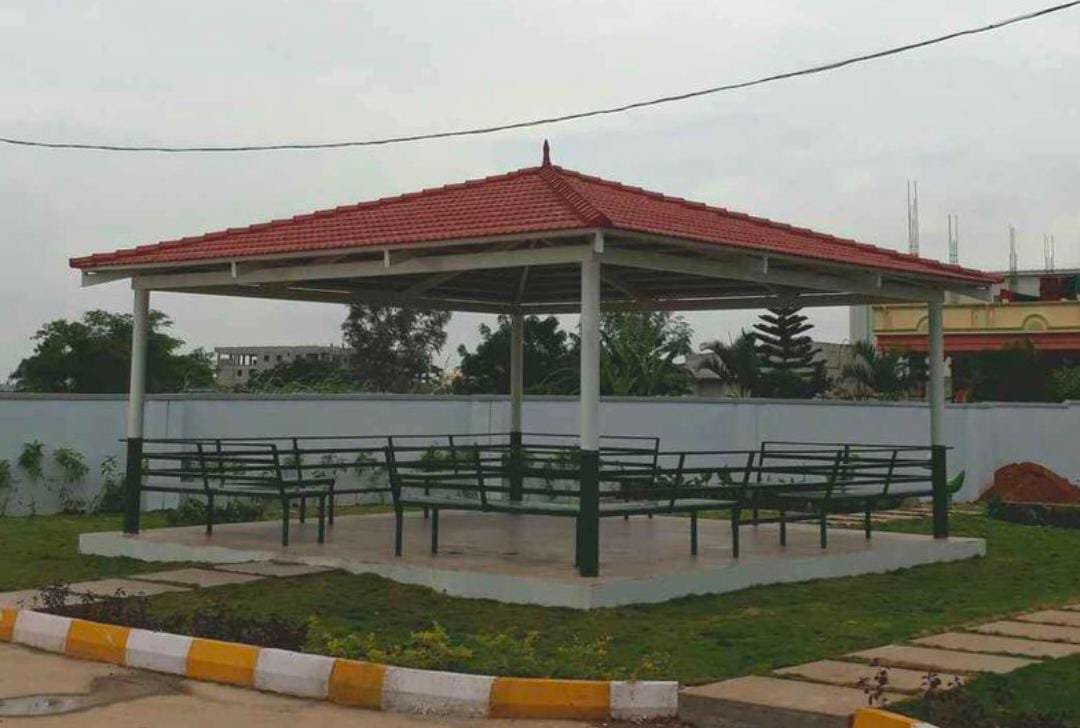Contact : +91 93100 18786
Roof tile fabrications are an essential component of modern construction, offering durability, aesthetics, and protection for residential, commercial, and industrial buildings. The process of roof tile fabrication involves designing, shaping, and manufacturing tiles from materials such as clay, concrete, metal, or synthetic compounds, which are then used to cover roofs. Properly fabricated roof tiles not only enhance the visual appeal of a structure but also provide long-lasting protection against weather conditions like rain, heat, wind, and snow.
Benefits of Roof Tile Fabrication
-
Durability: Roof tiles, especially those made from high-quality materials like clay and concrete, are known for their longevity. They can last for decades with minimal maintenance. Proper fabrication ensures the tiles are weather-resistant, non-corrosive, and able to withstand harsh environmental conditions.
-
Aesthetic Appeal: Roof tiles come in a variety of shapes, colors, and textures, allowing homeowners and architects to choose designs that complement the architectural style of the building. This flexibility in design is a significant advantage, as it can greatly enhance curb appeal.
-
Energy Efficiency: Modern roof tile fabrications often incorporate energy-efficient features. Materials like clay and concrete have natural insulating properties, which help regulate indoor temperatures. This can reduce the need for artificial heating and cooling, leading to lower energy bills.
-
Sustainability: Environmentally conscious builders opt for sustainable roof tile materials like recycled metal or eco-friendly concrete. These tiles can be recycled at the end of their lifecycle, reducing the environmental footprint.
The Fabrication Process
Roof tile fabrication starts with selecting the right materials. For clay tiles, raw clay is molded into specific shapes and sizes before being fired in a kiln. Concrete tiles are typically formed using a mixture of cement, sand, and water, which is then shaped and cured. Metal roof tiles are cut from sheets of steel or aluminum, often coated with protective finishes to prevent rusting. Each of these materials goes through precise fabrication methods to ensure consistency, durability, and quality.
Once fabricated, the tiles are treated with protective coatings or finishes that enhance their longevity and resistance to environmental factors. These coatings can also provide additional features, such as UV protection, fire resistance, or waterproofing.
Conclusion
Roof tile fabrications are a critical aspect of modern roofing solutions, offering a blend of functionality, durability, and style. Whether for residential or commercial projects, properly fabricated roof tiles enhance the structure’s appearance and ensure long-term protection against the elements. Opting for high-quality, energy-efficient, and sustainable roof tile fabrications is an investment in the longevity and performance of any building.
